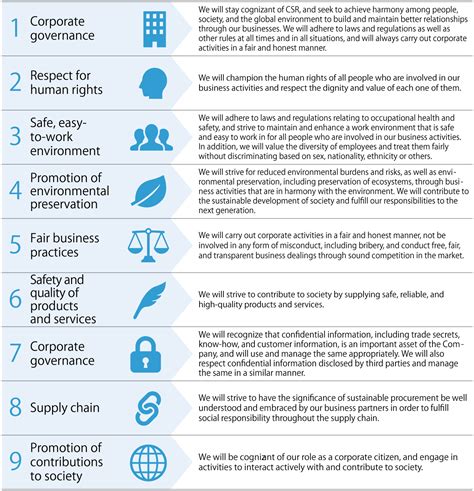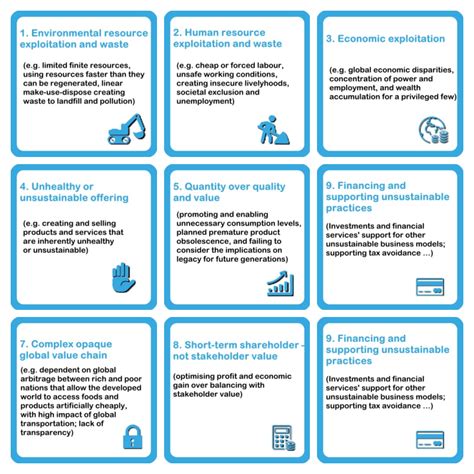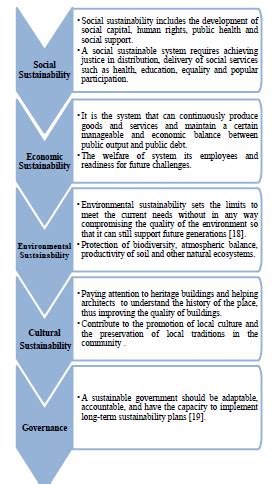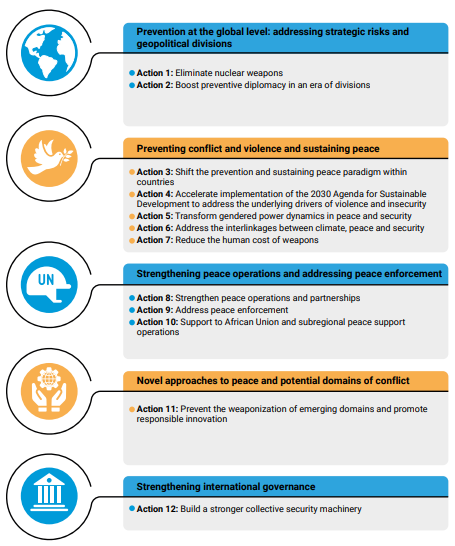International peacekeeping efforts play a crucial role in maintaining global stability and resolving conflicts in regions affected by war and political unrest. Over the years, peacekeeping missions have evolved, adapting to the changing nature of conflicts and international relations. These missions, led by organizations like the United Nations, focus on preventing violence, protecting civilians, and promoting political solutions. In this article, we will explore the history and current status of international peacekeeping, examine the challenges faced by peacekeeping forces, and assess future prospects. By understanding the dynamics of these efforts, we can better appreciate their significance in fostering peace and security worldwide.
tirfblog.com will lead a thorough examination of this topic.
1. Introduction
For many years, international peacekeeping has been a fundamental component of global endeavors to preserve peace and security in areas affected by conflict. Peacekeeping missions, primarily led by organizations like the United Nations, have become crucial mechanisms for addressing armed conflicts, safeguarding civilians, and promoting political stability. These operations encompass a diverse array of activities, such as overseeing ceasefires, assisting with the implementation of peace accords, and aiding nations in their transition from conflict to peace.
Peacekeeping missions have grown increasingly complex and wide-ranging in recent years. They now demand not only military personnel but also civilian expertise in areas such as governance, human rights, and development. As conflicts persist in regions like Africa, the Middle East, and Eastern Europe, international peacekeeping remains crucial for reducing violence and delivering humanitarian aid.
Peacekeeping operations, though essential for global stability, encounter numerous challenges, including limited resources, political constraints, and increasingly dangerous environments for peacekeepers. This article examines the evolution of international peacekeeping, its current state, and the obstacles impeding its effectiveness. Furthermore, it explores future possibilities and offers recommendations to enhance peacekeeping operations within a progressively complex global landscape. Through this analysis, we gain a deeper understanding of the vital role peacekeeping plays in promoting global stability.

2. History of International Peacekeeping
Following World War II, the formation of the United Nations (UN) in 1945 saw the rise of the international peacekeeping concept. Central to the UN’s mission was the maintenance of global peace and security, and peacekeeping became a crucial tool for achieving this objective. The first UN peacekeeping mission was deployed in 1948 to oversee a ceasefire in the Arab-Israeli conflict. Since then, peacekeeping operations have expanded both in their scale and intricacy.
Initially, peacekeeping missions focused on unarmed observation of ceasefires and agreements between nations at war. However, as the nature of conflict transformed from interstate wars to civil wars and internal strife, peacekeeping adapted to encompass the protection of civilians, disarmament of combatants, and support for elections and governance.
The Cold War era, marked by superpower rivalry, limited peacekeeping operations. However, following the end of the Cold War in 1991, peacekeeping expanded significantly. Missions were deployed in increasingly volatile and dangerous environments, such as Bosnia, Rwanda, and Sierra Leone. This reflected the evolving nature of conflicts and the growing need for robust international interventions.

3. Current International Peacekeeping Efforts
The landscape of international peacekeeping has become increasingly complex and multifaceted. Peacekeeping missions, now deployed in some of the world’s most volatile regions, face a diverse range of challenges, including civil wars, terrorism, human rights violations, and humanitarian crises. The United Nations, as the primary governing body for peacekeeping operations, oversees over 70,000 peacekeepers currently deployed in over a dozen countries across Africa, the Middle East, and other conflict zones.
Modern peacekeeping operations encompass more than just enforcing ceasefires. Their mandate now extends to protecting civilians, bolstering peace processes, facilitating the disarmament and reintegration of ex-combatants, and aiding in the reconstruction of war-ravaged communities. In volatile regions like Mali, the Central African Republic, and South Sudan, peacekeepers confront substantial security threats as they navigate environments fraught with active extremist groups and militias.
Furthermore, regional organizations, like the African Union, have taken on a more active role in peacekeeping endeavors, frequently collaborating with the UN. Despite mounting challenges, international peacekeeping remains an essential instrument for stabilizing conflict-ridden areas, advocating for human rights, and assisting nations in transitioning from war to peace.

4. Challenges and obstacles in International Peacekeeping
International peacekeeping is challenged by numerous obstacles, hindering its effectiveness. One primary issue is the increasingly dangerous environments in which peacekeepers operate. Conflict zones often expose peacekeepers to extremist groups, militias, and ongoing violence, making their missions more hazardous. This is particularly evident in regions like Mali and the Central African Republic, where peacekeepers have faced frequent attacks.
A major hurdle is the insufficient resources and funding allocated to peacekeeping missions. These missions frequently face shortages in personnel, equipment, and financial backing, hindering their ability to fully execute their mandates. This underfunding leads to delayed responses to crises and diminishes their effectiveness in safeguarding civilians or upholding peace agreements.
Political constraints significantly hinder peacekeeping operations. Often deployed in situations lacking clear political solutions or where major powers hold conflicting interests, consensus on intervention strategies proves difficult. Furthermore, peacekeeping missions frequently operate under mandates that restrict proactive measures in hostile environments, leading to accusations of inaction or failure to prevent violence.
Furthermore, peacekeepers face difficulties in coordinating efforts with local governments and organizations, as well as managing the expectations of the international community. These challenges underscore the need for stronger support, clearer mandates, and better collaboration to ensure the success of international peacekeeping missions.
5. Future prospects and recommendations
International peacekeeping faces a future demanding adaptation to evolving global conflicts and the escalating pressures on peacekeepers. A critical recommendation is the necessity for more robust and adaptable mandates. Peacekeeping missions should be equipped to respond swiftly to emerging threats and safeguard civilians in high-risk situations, rather than being hindered by excessively restrictive rules of engagement.
Furthermore, bolstering the operational capabilities of peacekeepers necessitates increased funding and resources. Investments in technology, including surveillance drones and advanced communication systems, can significantly enhance their capacity to monitor conflict zones and proactively prevent violence. Additionally, more robust training programs are crucial to equip peacekeepers with the skills necessary to navigate the complexities of their mission, particularly in areas such as mediation, human rights protection, and conflict resolution.
To enhance the effectiveness of peacekeeping missions, collaboration among the United Nations, regional organizations, and local stakeholders must be strengthened. This will foster better coordination and promote shared responsibility. Moreover, prioritizing political solutions is crucial for long-term success. Lasting peace can only be achieved through diplomacy, reconciliation, and sustained development efforts. By focusing on these areas, peacekeeping missions can continue to play a critical role in promoting global stability.
6. Conclusion
International peacekeeping endeavors play a vital role in upholding global stability and tackling the intricate challenges presented by conflicts across the globe. Since their establishment, peacekeeping missions have undergone significant evolution, adapting to the shifting dynamics of warfare and the evolving needs of affected communities. While the historical context of peacekeeping highlights its crucial significance, the contemporary landscape reveals both the successes and difficulties that these missions confront in the present day.
Peacekeepers operate in increasingly perilous environments, frequently lacking sufficient resources or clear mandates. The obstacles they face, including violence against peacekeepers and political constraints, underscore the need for reform and innovation in peacekeeping strategies. Despite these difficulties, the commitment to international peacekeeping remains essential for safeguarding civilians, promoting human rights, and assisting nations in their transitions from conflict to peace.
Looking ahead, the success of peacekeeping missions hinges on strengthening them through robust mandates, increased funding, and enhanced training. Collaborative efforts between international and regional organizations, alongside local communities, are crucial for developing more effective peacekeeping strategies. Sustained dedication to these endeavors will not only contribute to resolving ongoing conflicts but also lay the foundation for a more peaceful and secure future for all nations.
tirfblog.com

